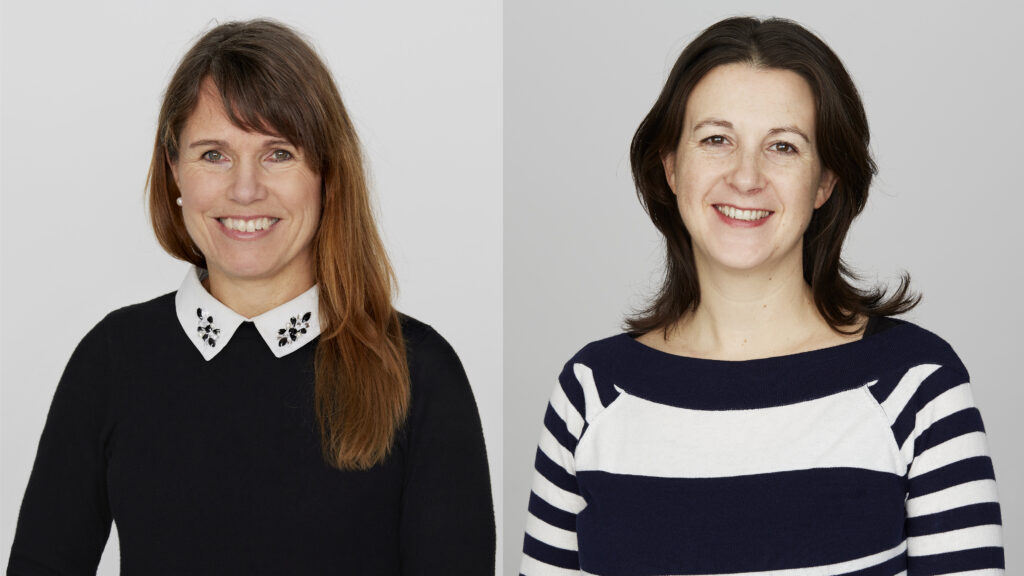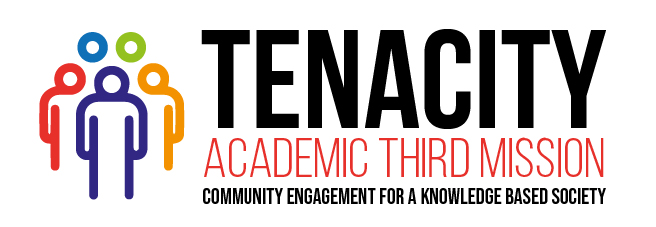Meet Maria Hagardt International Relations & Communication Manager and Helen Garrison, Project & Communications Manager, who work for VA (Public & Science) and manage the Tenacity project.

Firstly, tell us a bit about VA (Public & Science)
VA is a Swedish CSO based in Stockholm that works to promote dialogue and openness between science and society. VA has over 100 member organisations, including Swedish universities and research funders, public authorities, companies, education associations, science centres and museums. We have extensive expertise in public engagement, science communication and citizen science, and also act as a knowledge hub, disseminating knowledge and experience, gained by ourselves and others. We also develop new knowledge through studies such as the annual VA Barometer and conduct advocacy work related to Swedish and EU research policies.
What is the motivation behind VA getting involved in the Tenacity project?
Public engagement is a key part of open science and is an important step in making science and research and science more accessible to all. Public engagement is at the heart of much of VA’s work and we work actively to develop methods and test new formats for public engagement in both national and international projects. For example, as part of the EU Orion Open Science project, we were involved in running a number of co-creation experiments, and in the EU SciShops project we explored ways to further develop the Science Shop model of community-based participatory research.
We are always on the lookout for new methodologies and tools to support and develop collaboration between academia, business and society. The approach being taken by Tenacity to facilitate community engagement through Academic Deliberative Arenas sounded interesting so we were keen to get involved and test it within the Swedish context.
What do you hope to achieve through the project?
Through our national work and the EU projects mentioned above, we have developed a close collaboration with Swedish universities and their public engagement units. By joining the Tenacity project we’re hoping to further extend this collaboration, exchange knowledge and explore best practices together with European universities.
The approach of using Academic Deliberative Arenas, which is being developed and piloted in Tenacity, will hopefully become an useful model and platform for bringing the academic community, local citizens and decision makers together to engage in deliberations.
What do you personally find most interesting/exciting about the Tenacity project?
As in all European projects, when you bring together partner organisations from different European countries there is so much that you can learn from each other through the sharing of experiences, approaches and perspectives. VA has experience of being a partner in many different EU-funded projects since 2006, but this is our first Erasmus+ project, so it has been interesting working in this programme too.
How does VA hope to utilise the results of the Tenacity project in the future?
Tenacity will result in a number of outputs, including the handbook, platform and methodologies, which we can continue to utilise in the future. Many of VA’s members are Higher Education Institutions, for whom societal collaboration and community engagement, as part of the Third Mission, are seen as key for delivering impact and we will be fully promoting the project outputs through our networks so that HEIs throughout Sweden can benefit from them too.
What is the expected impact that the TENACITY project will bring to both to your organisation and the local community?
The Tenacity project will contribute to further deepen knowledge about deliberative methods for academia – society engagement as well as new methods and arenas for collaboration and knowledge exchange.

